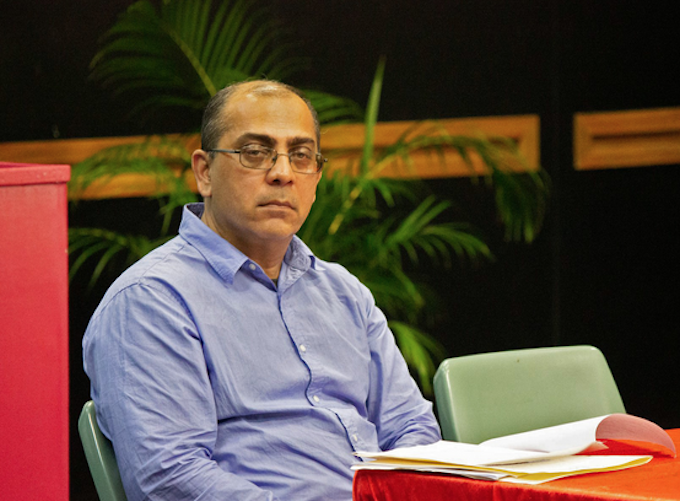
ANALYSIS: By Shailendra Singh
Social media is a mixed bag, with both democratic and undemocratic tendencies.
But then few things in life are perfect.
And in that regard social media poses a major dilemma. Not just in Fiji, but many countries are grappling with how best to tackle social media.
This includes even developed countries like Australia.
But it is in fragile states like Fiji that the threat of social media is more pronounced.
This is partly because of long-standing ethnic tensions and political differences.
The ills of social media — racism, xenophobia, cyberbulling and hate speech — are rife in Fiji.
Disinformation peaks around elections
We have also seen sophisticated examples of disinformation, which peak around elections.
The election period has been the riskiest time in Fiji, even before social media.
There were appalling examples of disinformation in the 2018 elections.
Some of it was so convincing that it may well have swayed some voters.
We might even see more disinformation in this year’s elections.
However, in Fiji, as in many other countries, social media can be empowering and liberating as well.
Even then, it seems disenchantment with social media’s undemocratic traits is greater than the appreciation for its democratising tendencies.
I hope I’m wrong, but I suspect that social media is sometimes over-demonised, under-appreciated.
This is a major challenge.
Access to mainstream news
Not everyone has access to mainstream news media to express views.
But any Tom, Dick and Harry can have their say about governments, or about anything and anyone, on social media.
This is priceless in controlled countries.
In Fiji, social media is pivotal because mainstream media are hampered by the punitive Media Industry Development Act 2010.
Social media is also important because mainstream media can also be biased.
We analysed mainstream media coverage of the 2018 Fiji elections, to be published soon.
We found that all national media gave overwhelming positive coverage to the ruling party, except one.
Opposition parties shut out
The opposition parties were shut out — this claim is not based on hearsay but solid research.
Besides The Fiji Times, the only place to find dissenting views during the 2018 elections was social media.
When mainstream media fails to hold truth to power, social media is the saviour for the opposition and the pubic.
Unlike social media, mainstream cannot be everywhere 24/7. Social media created citizen journalists out of citizens.
This is not to say that social media and mainstream media are always competing. Not only do they complement each other, each is a check and balance on the other.
My main point is, we should not throw the baby out with the bathwater by over legislating social media or under appreciating its value.
Education, not just legislation is the way to deal with issues like disinformation.
Many disillusioned with social media
In Fiji, this is not as simple as it seems: Many people are disillusioned with social media, with good reason.
And government is bent on legislating social media as well, with a certain level of public support.
We should remember that mainstream media are also caught in the crossfire of social media legislation. Their space is also restricted even though professional journalists are not normally party to the abuse of social media.
Education would mean more than just how to spot disinformation, or use social media responsibly.
Education also means understanding the value of social media and the need to protect our access to it, rather than unknowingly surrender these rights.
Education should become part of the school curriculum.
This is because any government, by nature, will try to control social media to curtail criticism, win elections and stay in power.
Only if the population is well educated in what social media means in a democracy will they challenge governments trying to take over social media.
Dr Shailendra Singh is associate professor in Pacific journalism and coordinator of journalism at the University of the South Pacific. He is the 2022 Pacific Research Fellow at the Australian National University. His views are not necessarily shared by the universities that he is associated with. This address was made at a “Building public confidence in elections in Fiji through civil society action” panel discussion at the Coral Coast, Sigatoka, Fiji, on 29 April 2022.












































